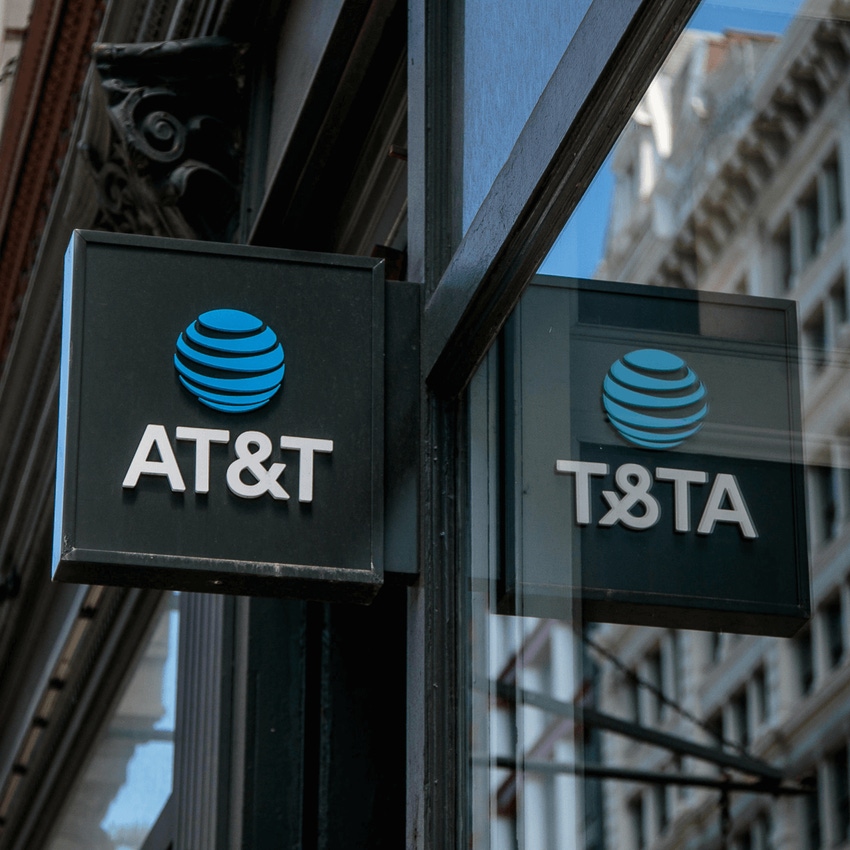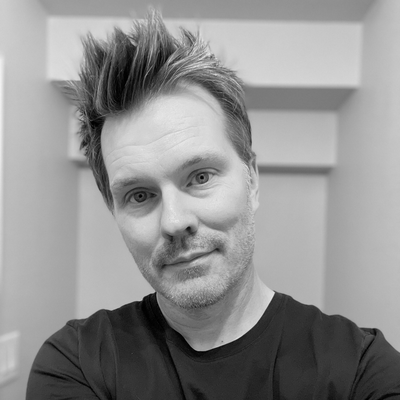Andre Fuetsch, who oversees the mobile and fixed network technology direction for AT&T, is set to retire in September. The move is one of many recent departures and promotions in Ma Bell's exec suites.

Andre Fuetsch's days at AT&T are numbered; he's retiring in September, the company said today.
"After 27 years of service, Andre Fuetsch plans to retire from AT&T in September. We recently shared that Igal Elbaz will take over leading our Chief Network Technology and AT&T Labs organizations reporting to our CTO Jeremy Legg," an AT&T spokesman said in an email to Light Reading. "We will continue to have a global leadership role in developing and deploying the latest advanced network technologies."
Our inquiry about Fuetsch's career path came following a written article on TelecomTV that claimed Fuetsch is "being replaced as AT&T's CTO in a move that is set to herald a shift in the giant US operator's network planning and rollout strategy."
TelecomTV wrote that its sources are confident that Fuetsch isn't just retiring – he's being replaced because "AT&T has decided it's time for a change in network technology strategy and that a new CTO is needed to see that through."
I guess we'll have to Legg it, then
It's worth noting that Fuetsch's LinkedIn page lists his title as network services CTO, not the overall AT&T Corp. CTO, as TelecomTV wrote. It's not clear how AT&T's various group CTOs are organized or what the current reporting structure is.
Jeremy Legg, a veteran of Turner Broadcasting and WarnerMedia, took the role of AT&T CTO three months ago, according to his LinkedIn page.
Fuetsch, who spoke to Light Reading at the Big 5G Event in May, at the time commented on a big technology shift in AT&T's 5G network – the operator's backing of open RAN. He noted that the carrier expects to first deploy open RAN equipment in small cells and private wireless networking scenarios before moving it into its broader, macro network.
With Fuetsch retiring soon, it'll be interesting to see whether AT&T has an internal champion for open RAN or if it supports the technology in tech demos only but not at scale.
The post-Fuetsch future
Fuetsch, a skilled spokesman for AT&T's technology plans, was a familiar face at the operator's technology events, press conferences and demos. His focus of late has been on looking ahead to what technologies might make an impact on the company's mobile networks for the next several years.
Meanwhile, AT&T has been busy reorganizing its executive suite in the last year or so, with several high-profile execs retiring, leaving and getting bigger gigs.
Mo Katibeh was placed in charge of AT&T's aggressive fiber build expansion and nationwide 5G deployment back in May 2021.
At that time, Katibeh, Igal Elbaz and Andre Fuetsch were reporting to Scott Mair, president of AT&T's network engineering and operations. Mair was reporting to AT&T Communications CEO Jeff McElfresh, the executive heading up the operator's wired and wireless networking business.
Now, just over a year later, that exec group has shuffled again.
Katibeh left AT&T for RingCentral in January. Mair is set to retire sometime this year, according to a report in the Dallas Business Journal. And Fuetsch, who joined AT&T in 1995, is set to join the swelling ranks of recent AT&T retirees.
Elbaz, as AT&T noted, is set to take over Fuetsch's role in September.
McElfresh was promoted as AT&T's COO in April and has been doing the rounds at investor conferences.
— Phil Harvey, Editor-in-Chief, Light Reading
[Editor's note: This story was updated on 7/6 at 7:45 p.m. EDT to include AT&T's statement. The company was asked about, but did not address, the issues raised in the TelecomTV article.]
About the Author(s)
You May Also Like











